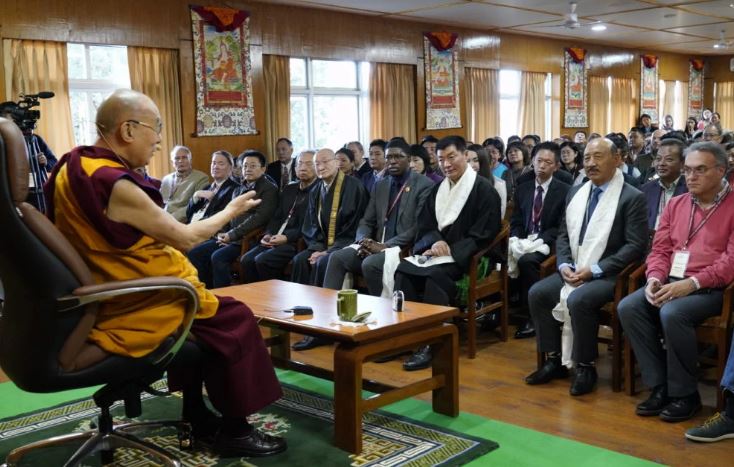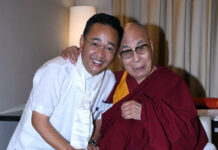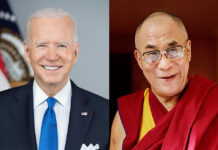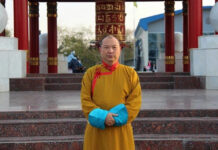
(TibetanReview.net, Nov05’19) – The Dalai Lama on Nov 4 morning told an international gathering of Tibet campaign supporters that the Communist Party of China’s strategy for Tibet had repeatedly failed in recent years and that “some policy leaders of China are now finding themselves in a dilemma as to how they must tackle the issue of Tibet.”
He called their policy “unrealistic” and ethically wrong and called for a realistic policy opposed to the current one.
The Dalai Lama made the remark during his meeting at his residence with some 180 representatives of Tibet Support Groups from 42 countries who were attending the 8th International Conference of Tibet Support Groups being facilitated by the Central Tibetan Administration (CTA). He later began his three-day religious teachings in the Tsuglakhang requested by devotees from Korea.
He said: “For more than 70 years the spirit of the people in Tibet has been undaunted. Their determination will continue because of their pride in the value of our rich culture. I have been told that, in the face of such determination, some members of the Chinese leadership have begun to admit that their policy has been misplaced and that there is a need for a more realistic approach. Voices of concern from other parts of the world are helpful at such a juncture. On behalf of the six million Tibetans I’d like to thank you for your kindness and support.”
The Dalai Lama mentioned to the gathering that he had been told that Chinese documents from the Tang dynasty (618 to 907 CE) refer to Tibet, China and Mongolia as independent states. He continued that there were no historical references in such documents to Tibet being part of China.
After meeting with the Tibet support gathering, the Dalai Lama walked to the Tsuglakhang to begin his three-day teachings to a gathering of more than 6000 devotees, including over 2000 from some 60 countries.
It began with the recitation of the Mangala Sutta in Pali, followed by Korean monks’ chanting with beating of their wooden gong the ‘Heart Sutra’, the subject of his teaching.





